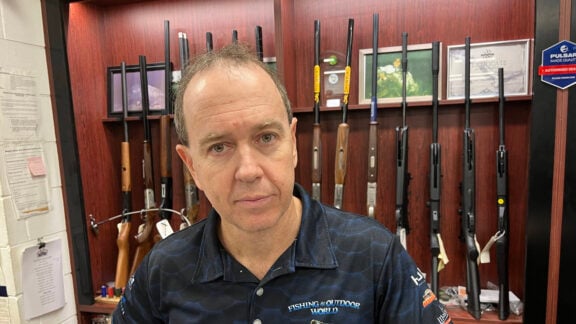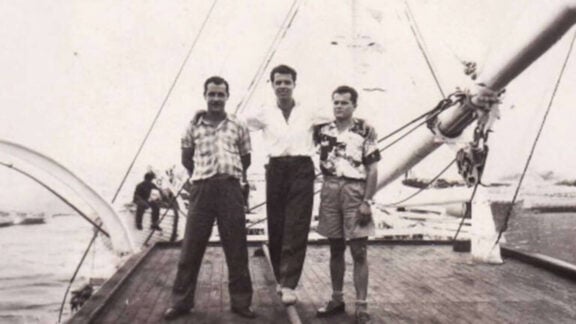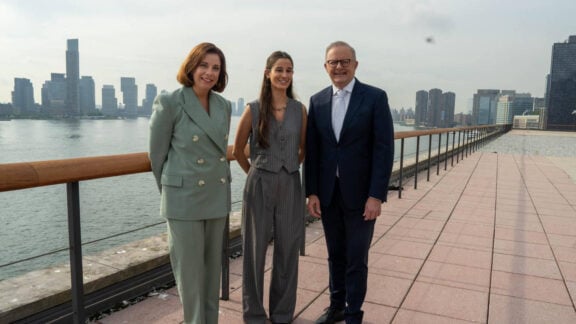Cyprus’ government has expressed its support and solidarity with the missing persons’ relatives, assuring that it will intensify its efforts to establish their fate, calling once again on Turkey to cooperate at last and contribute by submitting the data and information it has on Greek Cypriot and Greek missing citizens.
In an official press release issued on the occasion of the International Day of the Disappeared, the government thanked, via Presidential Commissioner for Humanitarian Affairs Fotis Fotiou, all those who have given information, contributing in this way to the discovery of the remains of those missing, which were given back to their families for burial after being identified.
Furthermore it called on anyone who has information or is in a position to obtain it, as regards possible burial sites, adding that “such an act constitutes the best contribution to the issue of missing persons and their relatives in order to close a long-standing open wound”.
Fotiou expressed dissatisfaction with the fact that despite the anxious efforts the Republic of Cyprus made on a daily basis, even today the fate of most of the missing persons is still unestablished.
A Committee on Missing Persons in Cyprus was established in April 1981 by agreement between the Greek Cypriot and Turkish Cypriot communities under the auspices of the United Nations, CNA reports.
The primary objective of the CMP is to enable relatives to recover the remains of their loved ones, arrange for a proper burial and close a long period of anguish and uncertainty.
As noted on the committee’s website, over the next two decades, work on both sides focused on conducting investigations and negotiate a common official list of all those who disappeared. Blood samples were collected from relatives to aid future identifications. In 1997, the leaders of the two communities agreed to provide each other immediately and simultaneously with all information already at their disposal on the location of graves of Greek Cypriot and Turkish Cypriot missing persons.
In 2006, the climate was ripe for the CMP to begin excavations and exhumations on both sides of the island. In order to provide the required expertise, archaeologists and anthropologists from the Argentine Forensic Anthropology Team (EAAF) were brought in to coordinate and train a bi-communal team of Cypriot scientists involved in exhumations and anthropological analysis.
July 2007 marked a turning point of historical significance, as CMP began returning the first remains of Greek Cypriot and Turkish Cypriot individuals to their families. These individuals had been missing since the tragic events of 1963-64 and 1974.
Recently, CMP members decided to request access to information that may lead to the discovery of burial sites from all relevant parties. Furthermore, they agreed to set up a dedicated capacity within the CMP to conduct archival research. This will include a team of researchers who will undertake the long task of carrying out an impartial review of archives, in Cyprus and abroad, related to the events of 1963/4 and 1974.
According to the figures currently posted on the CMP website, out of 1,508 Greek Cypriots who went missing, the remains of 499 have been identified and returned to their families, while out of 493 Turkish Cypriots who went missing, the remains of 181 were identified and returned to their families.








